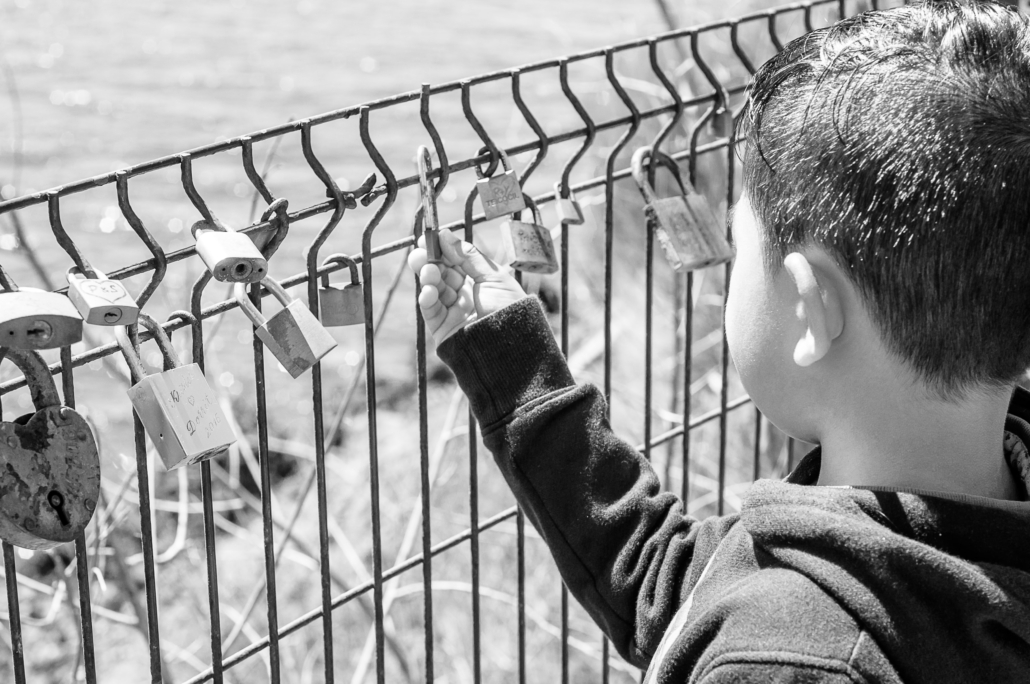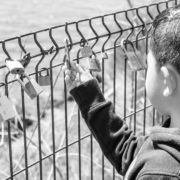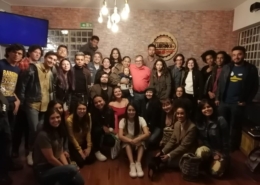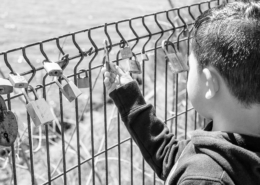March 06 / 2020

On February 3rd, the International Coalition of Sites of Conscience (ICSC) announced they were suspending the membership of the Colombia’s National Centre of Historical Memory (CNMH), the main entity in charge of the preservation and construction of historical memory about the armed conflict in Colombia.
Elizabeth Silkes, the head of the ICSC, affirmed that Dario Acevedo (director of the CNMH) had been asked if he acknowledged the existence of the armed conflict in Colombia. His lack of reply was understood by the Coalition as an unwillingness of the CNMH to subscribe to the ICSC’s principles. Acevedo acknowledged publicly that the Centre did not respond to the ICSC.
The decision by the ISCS brings back the ongoing discussion around the role of the CNMH since Acevedo was appointed as director, given that the armed conflict is recognised by the National Victims’ Law (Law 1448 of 2011). Acevedo’s decisions and public declarations, seemingly contrary to this, do not offer guarantees for the fulfilment of the state’s duty to work on the construction of historical memory. The current CNMH director’s position is not a surprise, but new events are generating even more concerns.
On 24 February 2020, the director of Fedegan (National Federation of Livestock Breeders), José Félix Lafaurie, announced to the National Board of the Fedegan, where Acevedo attended, that Fedegan was making an alliance with the CNMH. This alliance would help “tell another story that has been denied” and show that the livestock breeders have only been victims of the war. Lafaurie’s declarations ignore the national court rulings against Fedegan executives who have been convicted of paramilitarism; the international sentences against Colombia for the promotion of and acquiescence to violence by paramilitaries, state sectors and entrepreneurial elites; the numerous UN reports about these links, as well as warnings from national and international organisations of these devastating alliances at the regional and national level. This campaign seeks to hide individual and collective responsibility of these actors in the conflict, rather than generate an inclusive and respectful debate on all types of victims.
Embrace Dialogue expresses its concern around these events. Failing to acknowledge the existence of the armed conflict, and establishing alliances with organisations that do not recognise the involvement of some of their members in the armed conflict, goes against the rights of the victims and the state’s duty to memory as enshrined in law.













